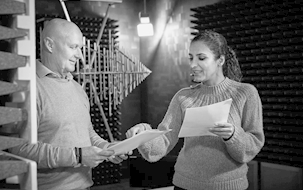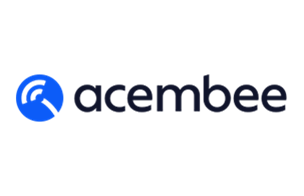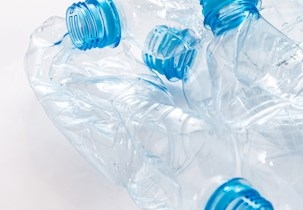In IoT startup Acembee, sustainability is not just a buzzword
Acembee had the sustainability of its IoT solution screened – a solution that makes it easy to collect data from sensors. This provided knowledge and a more competitive product.
The tech company Acembee is aware that an innovative startup should have sustainability high on the agenda. But what does this entail, and how do you know if you are doing the right thing?Through a sustainability screening, Acembee gained insights into requirements, opportunities and potential for making sustainability an integral part of product development.
IoT solution inspired by bees
The idea behind Acembee's IoT solution, which has just been launched, can best be explained by looking at the “bee” in the company's name.
Bees gather valuable information, giving the hive the best chance to survive and grow. Acembee aims to make it easier for small and medium-sized businesses to use IoT. The company has developed a physical box that can collect data from a wide range of sensors – either sensors purchased directly from Acembee or sensors the customer already owns. A subscription-based data solution then manages the collected data from the sensors.
Just like bees efficiently transfer information and work together, Acembee's technology ensures that IoT devices communicate effectively, allowing customers to coordinate and manage data collection easily.
We wanted a better understanding of our product and aimed to incorporate sustainability into the design from the start.Oline Stærke / Founder and CEO, Acembee
Screening products for sustainability
Early in the product development process, Acembee decided to contact FORCE Technology to conduct a so-called sustainability screening.
“We wanted a better understanding of our product and aimed to incorporate sustainability into the design from the start,” explains Oline Stærke, founder and CEO of Acembee.
The screening took place as a workshop. Leading up to the meeting with the sustainability specialists from FORCE Technology, the participants from Acembee were curious about what the process would involve. Would the specialists bombard them with technical jargon, and how would they evaluate the company's products?
“We were very pleasantly surprised,” says Oline Stærke. “The six specialists we met with just wanted to help us. Their focus was on what is relevant specifically for us and what creates concrete value in terms of sustainability.”

Sustainability screening provided concrete and useful knowledge
What concrete input did Acembee receive from the sustainability screening? The company highlights:
- Knowledge about return and recycling opportunities.
- Awareness to avoid greenwashing – i.e., the risk of overstating a product’s sustainability.
- Insights into EU regulations, particularly RoHS (Restriction of Hazardous Substances) and REACH (Registration, Evaluation, Authorisation, and Restriction of Chemicals). Both aim to make products safer for users and the environment.
- Ideas for concrete improvements in sustainability, such as:
- Using recyclable plastics
- Weather protection with a membrane if the IoT box is placed outdoors
- Using supercapacitors instead of batteries to increase performance and efficiency
The sustainability screening provided Acembee with numerous ideas to optimise the sustainability of their products. In fact, Acembee was able to implement most of these immediately after the workshop.
Sustainability and growth go hand in hand
Acembee will continue focusing on sustainability while scaling and marketing the new products.
“We want our products to be as sustainable as possible. The sustainability screening process has been a really good experience. We have gained valuable knowledge about sustainability, but above all, we now have a better and more competitive product,” concludes Oline Stærke.
Related content
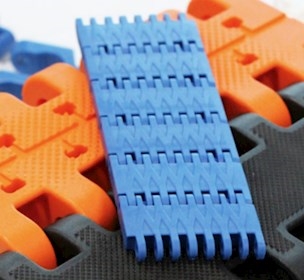
Case: Take-back and the EU’s Digital Product Passport
/Case
Conveyor belt manufacturer Ammeraal Beltech has reduced CO2 emissions and improved competitiveness.
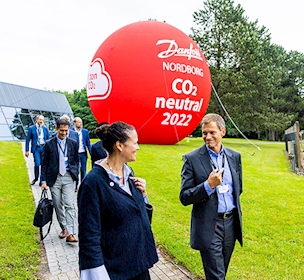
Danfoss advances sustainable product development
/Case
Danfoss had its efforts in sustainable product development assessed to meet circularity goals.

Sustainable product development
/Service
Sustainable product development – get help for a systematic product development process.
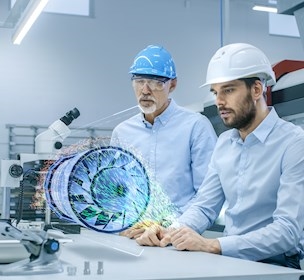
Designing sustainable products
/Page
We need to rethink how we design products to make products last longer.
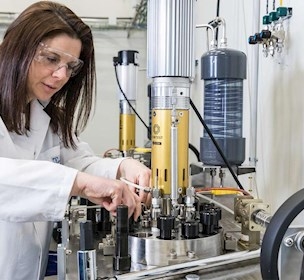
Long live products and materials
/Project
Sustainable design and new materials must equip Danish industry for a circular economy.
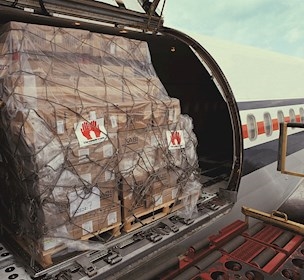
LCA – Assess environmental impact of your product
/Service
Document and communicate your product’s environmental impact with a complete life cycle assessment.

